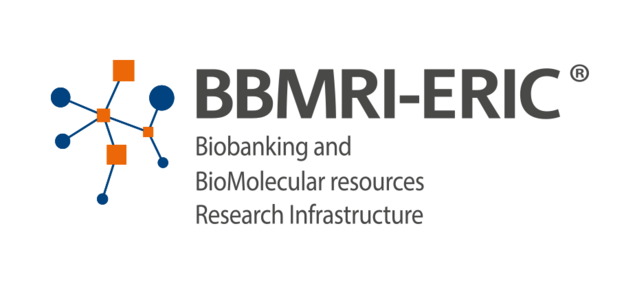The end of last year witnessed the publication of drafts providing interpretations of and specifying the European General Data Protection Regulation with regard to consent and transparency (Article 29 Working Party Guidelines on Consent and Transparency under Regulation 2016/679). As implementation of the Regulation could affect the work and functional capability of biobanks, BBMRI-ERIC has also issued a statement. A joint statement of all member states was submitted together with several individual statements by national nodes or experts. A statement representing the German perspective was also included in the submission.
Irene Schlünder and Prof Roland Jahns, as German representatives in the BBMRI Common Service (CS) ELSI, as well as GBN coordinator Prof Michael Hummel drafted the statement together. The authors criticise that, amongst other points, the proposed guidelines do not adequately reflect the conditions of medical research. The exchange and reutilisation of medical data are essential for further medical progress, which will be hampered by bureaucratic hurdles and unnecessary data protection regulations, as proposed in the directives. In their comments to the guidelines, the authors state that the anonymisation of patient data – emphasised as an important strategy for data protection – can be counter-productive both from a scientific point of view as well as from the patient’s perspective. For instance, once patient data has been anonymised, biomaterial donors can no longer be kept informed, even if important insights relevant to them personally have been gained through analysis of their medical data.
The authors also criticise that the guidelines require the provision of too much information as part of the informed consent process. This could be perceived as excessive and too complex, which is not in the donors’ interest. Informed consent forms should concentrate on presenting important information to patients in a concise and easily understandable manner. Detailed information should be publicly accessible, but not an obligatory part of informed consent forms.
Where the exact purpose of the research project cannot be specified at time of providing an informed consent, the guidelines also mention “dynamic consents” as an acceptable strategy. However quite often, “dynamic consents” cannot be implemented consistently. Instead of a “dynamic consent” – which requires obtaining a new consent after each relevant specification or modification in a research programme – the authors strongly support the option of a “Broad Consent”. This means that biomaterial donors consent to the use of their biosamples and/or data for research purposes more generally, without the need to provide a new consent at a later time. This procedure appears justified to the authors, especially where independent ethics commissions decide on the scientific use of requested patient samples and/or medical patient data. Therefore, the authors demand that the guidelines explicitly acknowledge the role and importance of independent ethics commissions as trustees and keepers of patient rights. The call to recognise the role of independent ethics commissions in the guidelines was also included in the consolidated statement of all national nodes. The draft directive is now being revised based on received feedback and statements.
You can find the relevant documents here:
Article 29 Working Party Guidelines on Consent under Regulation 2016/679 (WP259) (English) [pdf]
Article 29 Working Party Guidelines on Transparency under Regulation 2016/679 (WP260) (English) [pdf]
BBMRI-ERIC joint comment to the Article 29 Working Party Guidelines (English) [pdf]




